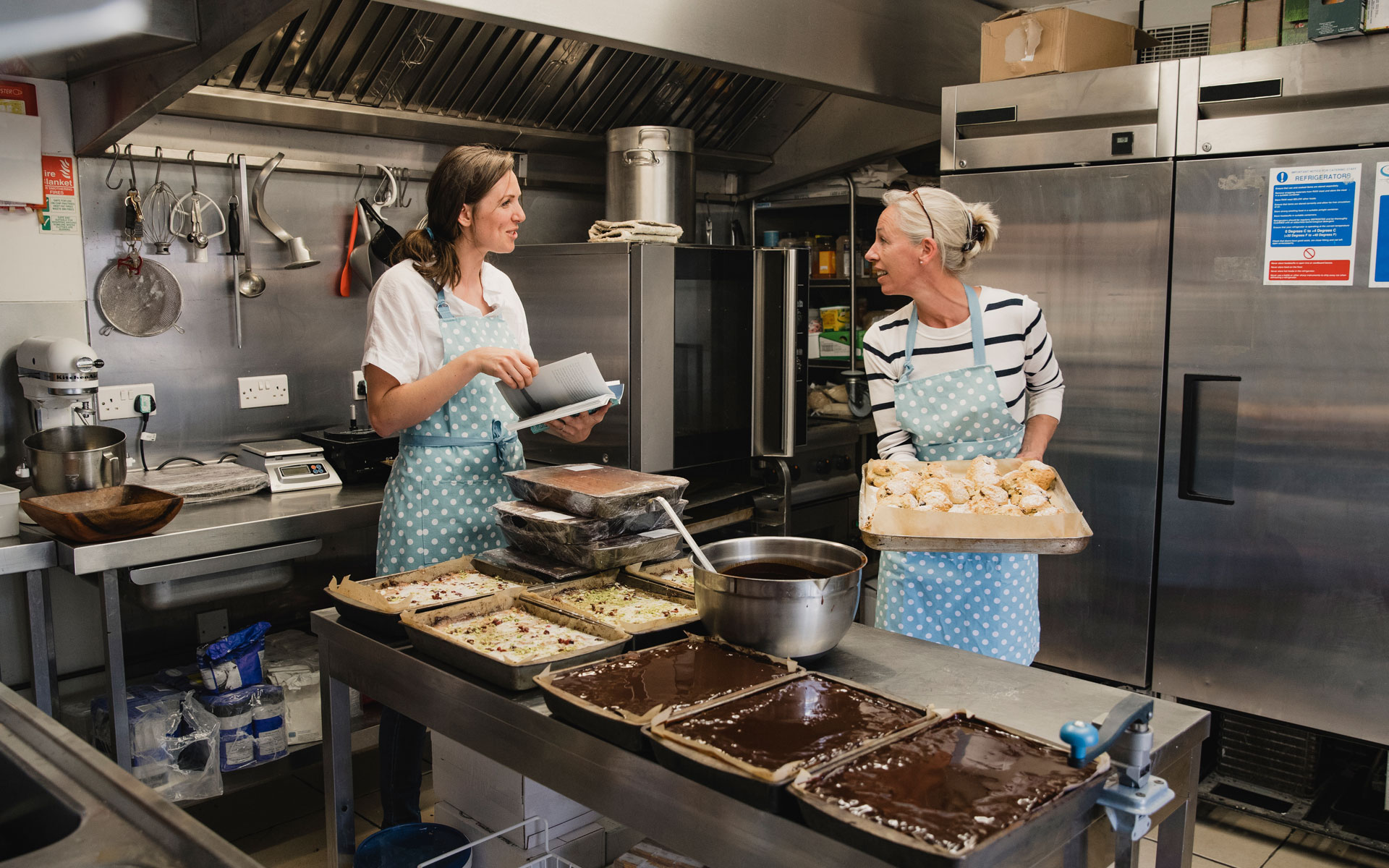In Chef Collectives, the presence of staff available to assist with kitchen operations can vary contingent upon the particular collective and its design. Chef Collectives are intended to give a collaborative and shared workspace for culinary professionals, including chefs, caterers, and food business visionaries. A commissary kitchen serves as a shared culinary workspace where food entrepreneurs and chefs can prepare, cook, and store their products efficiently. This is an outline of the way staff assistance with kitchen operations is typically managed inside Chef Collectives.
Many Chef Collectives utilize kitchen managers or bosses who supervise kitchen operations and guarantee that individuals adhere to safety and cleanliness standards. These staff individuals are liable for maintaining the kitchen’s functionality and cleanliness. They may also give guidance on the legitimate utilization of hardware and assist with settling any operational issues that arise.

Some Chef Collectives offer orientation meetings or training programs for new individuals. During these meetings, staff individuals or experienced chefs may give guidance on kitchen protocols, hardware usage, and safety techniques. This training assists new individuals with acclimating to the collective’s kitchen climate.
Staff individuals in Chef Collectives play a crucial job in upholding safety and compliance measures. They guarantee that individuals observe food handling rules, health department regulations, and any collective-explicit principles. This oversight keeps a safe and sanitary kitchen climate.
Staff individuals may be answerable for the maintenance and repair of kitchen gear. This incorporates routine investigations, investigating hardware issues, and arranging for repairs or replacements when necessary. All around maintained gear is essential for the productive operation of the collective.
Some Chef Collectives have staff individuals who manage kitchen planning and reservations. They assist individuals in booking kitchen schedule openings, guaranteeing that the facilities are used proficiently and fairly among all individuals. This job forestalls booking conflicts and maximizes the kitchen’s availability.
Staff individuals frequently administer or assist with the cleaning and sanitization of kitchen spaces. They may give cleaning supplies, coordinate profound cleaning meetings, and guarantee that individuals clean up after themselves to maintain a sterile kitchen climate.
If the Chef Collective hosts occasions, studios, or culinary classes, staff individuals may take on occasion coordination jobs. They help organize and facilitate these activities, guaranteeing they run as expected and offer some incentive to individuals.
In addition to kitchen-explicit jobs, some Chef Collectives offer administrative help. Staff individuals may assist with part onboarding, enrollment renewals, and general requests. This administrative help streamlines the part insight and guarantees smooth operations.
Staff individuals are typically trained to answer crises in the kitchen, like flames or accidents. They may be liable for carrying out safety protocols and contacting crisis administrations when expected to guarantee the prosperity, all things considered.
In summary, staff assistance with kitchen operations in Chef Collectives plays a vital job in maintaining a safe, proficient, and collaborative culinary workspace. Whether through kitchen management, training, hardware maintenance, or administrative help, staff individuals contribute to the overall achievement and functionality of these culinary communities. A commissary kitchen serves as a shared workspace where food entrepreneurs and chefs can prepare, cook, and store their culinary creations, fostering a collaborative culinary environment.



